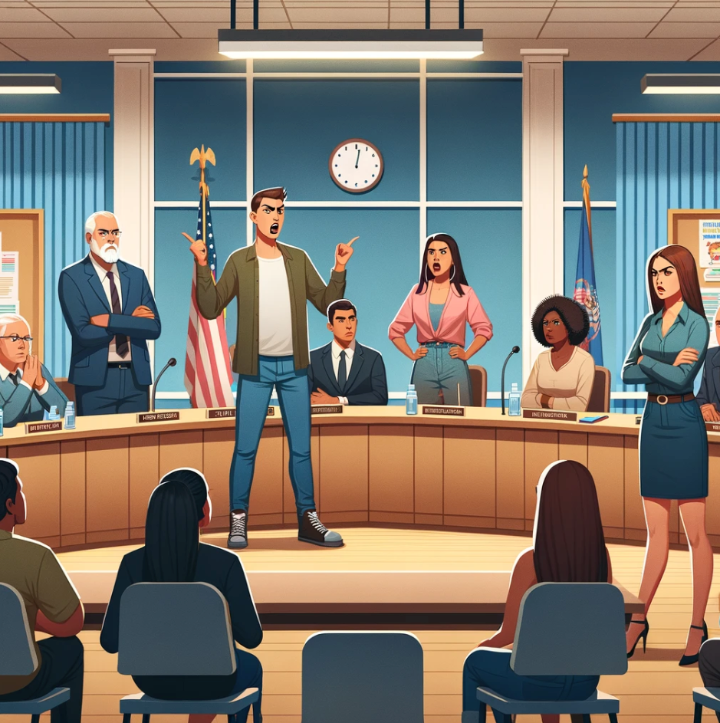Larry Cuban, a writer frequently addressing historical issues in education, recently addressed the multiple recurring controversies in education and wondered without resolution why these battles (e.g., the recent National political interest in how reading is taught in the elementary grades) continue generation after generation.
His post focuses on two main questions:
What content and skills should be taught to U.S. children and youth?
How should both be taught?
Cuban makes an interesting observation that matches my experience.
“ …few teachers get involved in these “wars” or teach lessons clearly on one side or the other of the issue once they close their classroom doors.”
Cuban notes that in the early 1950s, policy elites including federal and state officials began to “educationalize” national social, economic, and political problems. This meant they expected schools to solve these problems, giving them more control over curricular policy. These expectations are examined and reexamined on cable television political channels. Criticism is what educators hear and the result has been many educators leaving the field and fewer college students looking at education as a career.
Cuban’s observations reminded me of a claim I heard about the attitude people have about K-12 education. Parents are quick to complain about education, but much less so about the schools their kids attend and their students’ teachers. There seems a vague need to complain but the experiences of parents make it difficult for them to have a specific target. Some complain about the books in the library, but that seems the extent of the specific changes they can vocalize.
Note: I have resorted to using AI to generate supporting images for some of my posts.
![]()


You must be logged in to post a comment.